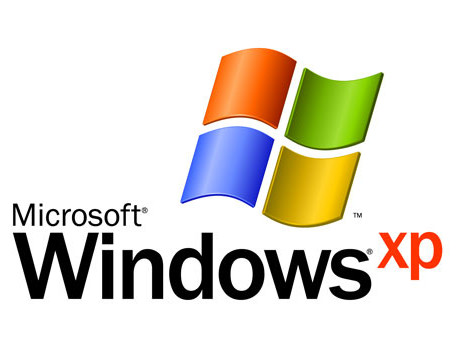In the latest in a series of unconvincing announcements, Microsoft is claiming Windows XP really will die in 2014. All those previous announcements were just for show, but this time the company really means it. Honest.
Microsoft’s Stephen Rose has issued a statement that is, perhaps unwittingly, extremely telling about the company’s history over the past decade and the reason XP is still going:
Windows XP had an amazing run and millions of PC users are grateful for it. But it’s time to move on. Two reasons: 1) Extended support for Windows XP is running out in less than 1000 days, and 2) there’s an OS out there that’s much better than Windows XP.
He goes on to hype Windows 7 as said operating system. And what does that imply? That Vista wasn’t much better than Windows XP. Ouch.
The problem with all the various back and forth moves of extending XP’s official lifespan and then trying to encourage people to get off the system, particularly among business users, is that Microsoft is caught in a quandry. As well-received as Windows 7 has been, this isn’t a time in economic history when businesses will buy new software and/or hardware without a damn good reason.
And the most compelling reason Microsoft can offer is that when it pulls the plug on extended support, XP will become far more exposed to security threats. But if millions of machines get infected with malicious software, few are going to care that people are using the system past its official use-by date: the story will simply be that Windows is insecure.
Getting people off XP will be no easy task: some estimates put it on a 51 percent share of all computers worldwide. That figure will drop naturally as people either voluntarily upgrade or are forced into doing so when an old machine bites the dust. But it’s still one hell of a tough sell to tell the majority of computer users that their machine, which in most cases works perfectly well, is going to be thrown to the mercy of hackers in three years unless they stump up the cash for a new operating system and, in many cases, a new PC.

